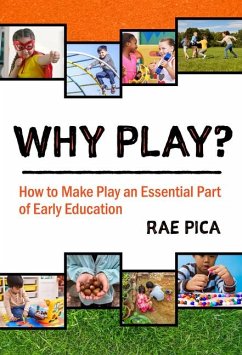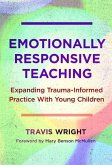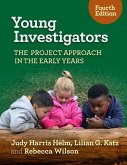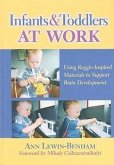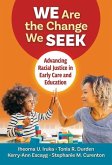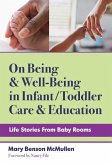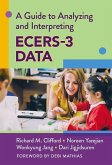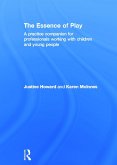In an age when play is often seen as frivolous or unproductive, this book explains the importance of play in early childhood education. Each chapter focuses on a specific type of play, includes suggestions for putting theory into practice, and offers recommendations for language and information educators can use to help parents understand that play is not separate from learning. Why Play? highlights some of the most popular types of play, such as dramatic, cooperative, construction, and loose-parts play. It also covers those considered controversial, such as rough-and-tumble, war, gun, and superhero play. Parents and policymakers are receiving a great deal of misinformation, leading them to believe that exposure to early academics--not play--is the best way to start children on the road to success. This book shares why different modes of play are beneficial and how educators can facilitate these different types of play in early childhood settings. Whether used as a tool for advocacy or as a guide on how to use play, Why Play? is for everyone who believes children should have the chance to be children, and that child development should guide all our practices. Book Features: * Looks at the importance of play in general and then at many different kinds of play, each addressed in its own chapter. * Provides ideas and information early childhood educators (pre-K-3) can use to make 12 different types of play a greater part of their program. * Includes "Partnering with Parents" text boxes to help educators speak to parents about the important role play has in developmentally appropriate practice.

